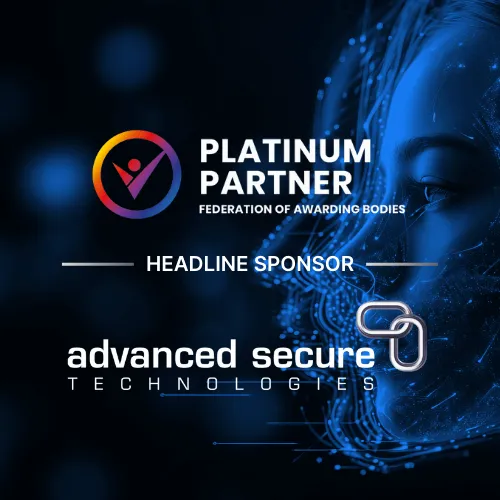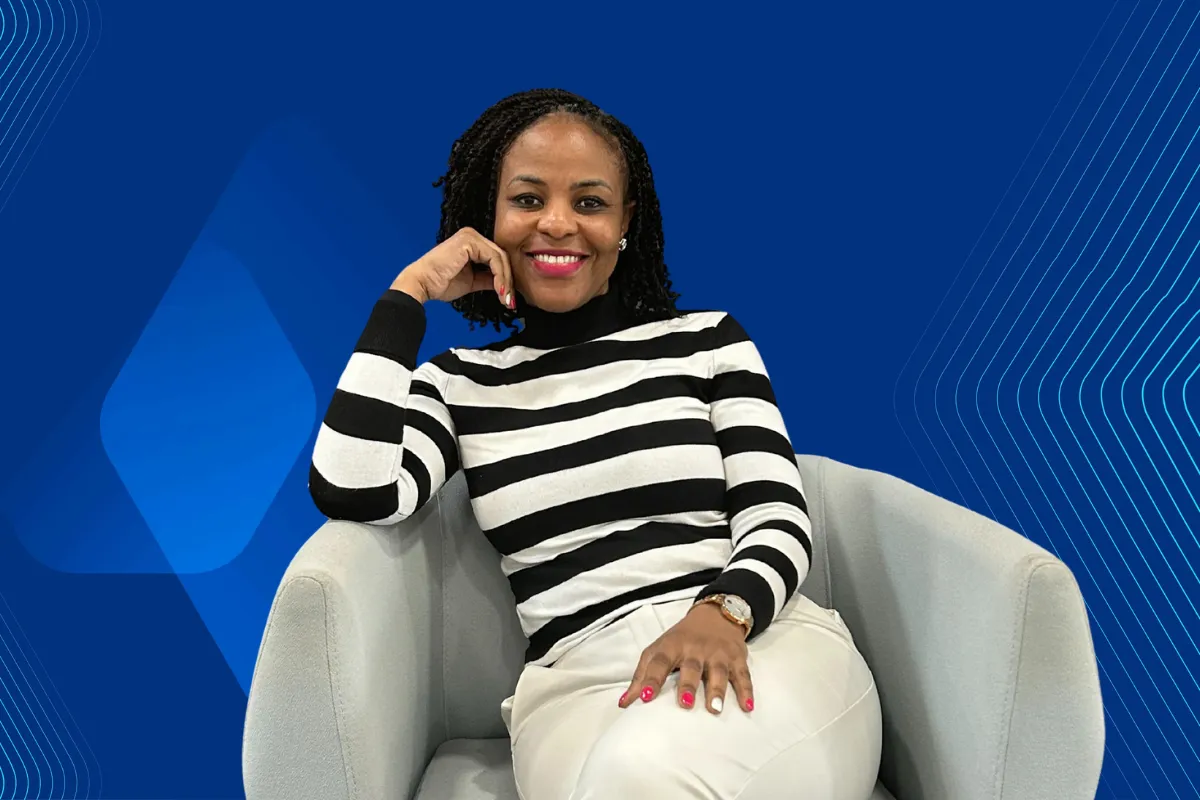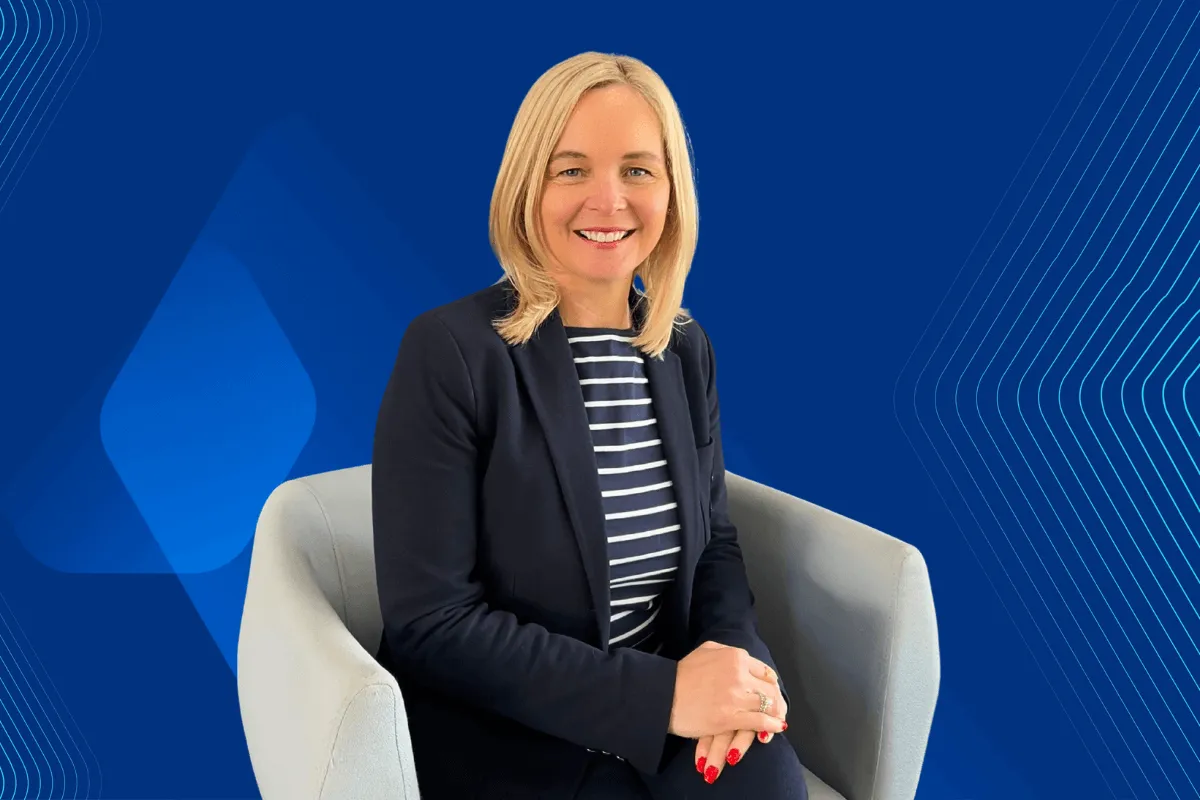A Conversation With Mihloti: Transforming Higher Education Through Digital Innovation
Leadership and Strategic Vision
- You’ve had a remarkable 19-year career in higher education. What inspired your transition from academia to business development in the technology space?
My transition was driven by a desire to drive real, measurable change in the higher education sector. After nearly two decades working in academic and student administration, I saw first-hand the growing urgency for secure, scalable digital systems that could unlock efficiency, services and trust. EdTech isn’t just a support function anymore, it’s at the centre of institutional resilience and student success. Moving into business development at Advanced Secure Technologies gave me the platform to lead that shift, equipping institutions with tools that are not only compliant and secure but transformative.
- At Advanced Secure, you’re leading growth across Southern Africa. What does strategic expansion in this region mean to you, and how do you define success in this role?
Strategic expansion is not just a numbers game. It is about creating enduring partnerships that elevate institutional resilience and reframe the role of technology in higher education. Southern Africa faces a unique confluence of opportunity and urgency. Institutions are under pressure to modernise while navigating regulatory complexity, reputational risk, and rising stakeholder expectations.
Success, to me, means seeing Advanced Secure Technologies embedded in the strategic fabric of higher education across Southern Africa – helping institutions not only address credential fraud or operational inefficiencies but fundamentally rethink how they serve their students, protect their reputations and expand their reach. It is about driving system-wide change that is secure, efficient, sustainable and future-focused.
- Coming from academia into the private sector, what leadership lessons have stayed with you and which have evolved?
What’s stayed with me is my grounding in ethics, empathy, and the importance of student-centred policy. But what’s evolved is my pace and scope. The private sector demands agility and bold decision-making. I’ve learned to be both principled and pragmatic – able to listen carefully, adapt quickly, and lead teams and clients through complex change with confidence.
Expertise in Higher Education – Insight and Influence
- You’ve held senior roles at some of South Africa’s most respected universities. What key operational or policy shifts do you believe are most urgent in the region’s higher education space today?
We are at a tipping point where legacy systems and old governance structures are no longer fit for purpose. The most urgent shift is moving institutions from reactive compliance to proactive digital governance. This means building integrated, secure and intelligent ecosystems that not only reduce duplication and inefficiency but also provide real-time visibility and assurance for all stakeholders.
Policy frameworks must evolve in tandem – embedding digital credentials, automated workflows, and secure verification into the very DNA of institutional governance. This is not about technology for its own sake. It is about reclaiming time, improving data integrity and raising the credibility of our institutions locally and globally.
Driving Innovation – From Operations to Opportunity
- With your background in student and academic administration, what inefficiencies do you commonly see that certification technology can address?
The inefficiencies are both operational and reputational. From manual document handling and verification bottlenecks to siloed systems and inconsistent data reconciliation, the current processes are unsustainable. These pain points don’t just affect back-office functions, they compromise student experience and institutional compliance.
Certification technologies secure the end-to-end lifecycle of credentials, from issuance to international verification. It reduces errors, accelerates processes and gives institutions the confidence that their qualifications are authentic. Importantly, it also frees up human capacity, allowing administrative teams to focus on value-adding tasks rather than paper-based logistics.
- You’ve worked with international examination bodies. How do you see global standards and partnerships shaping the future of education in Southern Africa?
Global alignment is no longer aspirational, it is essential. As mobility increases and digital ecosystems become interconnected, Southern African institutions must ensure their qualifications hold weight on the world stage. Aligning with global frameworks and emerging micro-credential policies that not only enhance recognition but also unlock funding, research and collaboration opportunities.
Partnerships are the mechanism through which this alignment becomes real. They allow institutions to learn, adapt and benchmark against international best practice while still protecting contextual integrity. At Advanced Secure Technologies, we see ourselves as enablers of that global readiness.
- Budget is a major concern for many institutions. How should they think about investing in digital transformation when resources are tight?
The key is to move from cost-based thinking to value-based decision-making. Transforming higher education through digital innovation should not be looked at as an expense, it is an enabler of strategic efficiency, long-term savings and improved stakeholder outcomes. The cost of doing nothing is often far greater in terms of lost productivity, reputational risk and student dissatisfaction.
Institutions must also start recognising that the quality and security of their credentials is no longer a back-office concern – It’s central to institutional reputation, trust and global recognition. In today’s landscape, where fraud, accessibility and digital verification are real concerns, universities need systems that not only function but protect.
That’s where we come in. At Advanced Secure Technologies, we are the leading provider of secure, trusted certification solutions. Our technologies give institutions the confidence that their records are protected and globally respected.
I advise institutions to start with high-friction areas. Demonstrate impact through early wins such as reduced printing costs, quicker verification, faster audits and then use that momentum to scale. Also, take a longer view. A well-implemented digital system will pay dividends across operational, financial and reputational metrics for years to come.
Personal Perspective – Purpose, Challenges and Legacy
- What has been the most defining challenge in your career so far, and how has it shaped your leadership philosophy?
One of the most defining challenges was navigating institutional leadership during periods of student protest and transformation. These moments revealed the deep tensions between compliance and compassion, policy and justice. Managing appeals, exclusions and reputational risk during these times required not just process expertise but moral courage and emotional intelligence.
That experience crystallised my belief that leadership is fundamentally about trust. It is about listening without defensiveness, applying policy with empathy, and holding space for complexity. Today, I lead with what I call principled flexibility, anchored in integrity but agile enough to respond to lived realities and emerging needs.
- With your academic foundation and business leadership role, what legacy do you hope to build at Advanced Secure Technologies in the next five years?
I want to change how institutions think about certification and records, not as administrative tasks but as strategic levers. My goal is to help reframe digital credentials as assets that protect institutional integrity, power student mobility and signal academic excellence.
If, five years from now, Southern African universities see secure digital credentialing as essential infrastructure which is something that drives growth, protects reputation, and enhances global competitiveness – then I will know I have contributed something meaningful. Legacy, for me, is not just about what we build but how it changes the way institutions think, act and lead.
Closing Reflections
- What book, quote, or mentor has most influenced your professional journey?
A quote I’ve always carried with me is: “Do not go where the path may lead, go instead where there is no path and leave a trail” by Ralph Waldo Emerson. It reminds me to lead boldly, to question the status quo, and to build what doesn’t yet exist.
- Finally, what excites you most about the future of education in Southern Africa?
The energy of change. Institutions are hungry for change, and transforming higher education through digital innovation is at the forefront of their strategic objectives. I’m excited to be part of a moment where education, technology, and leadership are converging to reshape futures. The possibilities for scale, impact, and access have never been greater – and we’re just getting started.
Connect with Mihloti on LinkedIn
Lead Your Digital Transformation
Discover how we can help your institute transform using our secure digital certification platform.




